Note-Taking Your Key to Learning Success!
Note-taking can help you succeed in your studies, career, and personal growth. It might sound dull, unproductive, and a waste of time. Or, if you’re like me, you might’ve thought the idea sounded great and enjoyed note-taking but couldn’t quite master it or stick to it.
Here I’ll explore how it can be an exciting and powerful tool for your success. By the end of this article, you’ll be a note-taking pro!
What are Notes?
It might seem like a silly qestion but what exactly are notes?
Well, notes are like personal helpers for your brain. They’re concise bits of information that you write down to help you remember important stuff later. Think of them as treasure maps for your mind – they guide you back to the valuable knowledge you’ve acquired!
Why is Note-Taking Important?
You might be wondering, “Why should I bother taking notes? Can’t I just remember everything?” While our brains are amazing, they can’t remember every single detail we hear or read. That’s where notes come in handy! Here’s why note-taking is super important:
- It enhances focus: When you’re writing notes, you’re actively engaged with the material you’re learning.
- It improves memory: Writing things down helps your brain store information more effectively.
- It’s great for review: When it’s time to prepare for a presentation or exam, your notes are like a personalized study guide.
- It aids comprehension: Sometimes, writing things in your own words can help you grasp complex concepts better.
- It’s a lifelong skill: Note-taking is valuable in education, business meetings, personal development, and many other areas of life.
When Should You Take Notes?
Here are some perfect times for note-taking:
How to Take Good Notes
Okay, so now you know why notes are important and when to take them. But how do you actually take good notes?
Don’t worry – it’s not as challenging as it might seem. Here are some tips to help you become a note-taking superstar:
- Use your own words: Instead of copying exactly what the speaker says or what’s in the text, try to paraphrase. It’s like explaining it to yourself!
- Keep it concise: You don’t need to write down every single word. Focus on the main ideas and important details. Use short phrases instead of complete sentences.
- Use abbreviations: To save time, you can use short versions of words. For example, “w/” for “with” or “e.g.” for “for example”. Just make sure you remember what they mean!
- Organize your notes: Keep your notes neat and structured. Use headings, bullet points, or numbers to separate different ideas. This makes it easier to find information later.
- Highlight or underline key points: Use colors or symbols to mark really important information. This makes it stand out when you’re reviewing your notes later.
- Leave some space: Don’t cram everything together. Leave some blank space on your page. You might want to add more information later or write down questions you have.
- Date your notes: Always write the date at the top of your notes. This helps you keep track of when you learned different things.
- Use diagrams or sketches: Sometimes, a quick drawing can explain an idea better than words. Don’t be afraid to use simple sketches in your notes!
Different Ways to Take Notes
Just like there are different ways to approach a task or solve a problem, there are different ways to take notes. Here’s some popular note-taking methods:
- The Outline Method
This is probably the most common way to take notes. It’s like creating a structured list of the main ideas and the details that support them. Here’s how it works:
- Write the main topic at the top of your page.
- Under that, write the main ideas with bullet points or numbers.
- Under each main idea, add details with different bullet points or letters.
It looks a bit like a hierarchical structure of information!
- The Cornell Method
This method was created by a professor at Cornell University. It’s a bit more structured, but it’s really helpful for reviewing later. Here’s how you do it:
- Draw a line down your page about 2.5 inches from the left side.
- On the right side (the larger part), write your regular notes during the lecture or meeting.
- On the left side (the smaller part), write questions or key words about your notes.
- At the bottom of the page, write a summary of everything in your own words.
This method is great because it helps you review and test yourself later!
- The Mind Mapping Method
This is a creative and visual way to take notes. It’s perfect for visual thinkers who like to see how ideas connect. Here’s how to do it:
- Write the main topic in the center of your page.
- Draw lines radiating out from the center, like branches on a tree.
- At the end of each line, write a main idea related to the topic.
- From these main ideas, draw more lines with more details.
Your finished notes will look like a colorful web of interconnected information!
- The Charting Method
This method is great for organizing information that has lots of facts or comparisons. It’s like creating a table. Here’s how:
- Divide your page into columns.
- At the top of each column, write a category or question.
- Fill in the information under each category.
This is super helpful for subjects or meetings where you need to compare different things or track data over time.
- The Sentence Method
This is the simplest method, but it can be very effective. Here’s what you do:
- Write every new thought or idea as a separate line on your page.
- Number each line.
- Leave some space between lines to add more information later if you need to.
This method is great when the information is coming at you really fast!
Tips for Becoming a Note-Taking Pro
Now that you know different ways to take notes, here are some extra tips to help you become amazing at it:
- Practice regularly: Like any skill, the more you take notes, the better you’ll get at it.
- Find what works for you: Try different note-taking methods and see which one you like best. It’s okay to mix and match, too!
- Review your notes: Don’t just write notes and forget about them. Look over them later the same day to help the information stick in your brain.
- Ask questions: If something isn’t clear in your notes, don’t hesitate to ask for clarification.
- Keep your notes organized: Have a different notebook or digital folder for each subject or project. This makes it easier to find what you need later.
- Use technology (if appropriate): Some people prefer to type their notes on a computer or tablet. If this works for you and is allowed in your setting, give it a try.
- Share and compare: Sometimes, discussing notes with colleagues or study partners can help you both understand better.
- Make it engaging: Use colored pens, stickers, or fun notebooks to make note-taking more enjoyable.
- Stay focused: Try not to get distracted when taking notes. Remember, you’re doing this to help yourself learn and succeed!
- Be patient with yourself: Nobody becomes perfect at note-taking overnight. It’s okay if your first attempts aren’t great – you’ll improve with time!
What to Do After You’ve Taken Notes
Taking notes is just the first step. To really make them useful, here’s what you should do after:
- Clean them up: If your notes are messy, consider rewriting them neatly. This also helps you review the information.
- Fill in any gaps: If you missed something, ask a colleague or instructor to help you complete your notes.
- Highlight the most important parts: Use a highlighter to make the key points stand out. This will help when you’re reviewing later.
- Add your own thoughts: If you have any ideas or questions about what you learned, write them down next to your notes.
- Create summaries: At the end of each week or project, try to write a short summary of what you learned. This helps reinforce the information in your mind.
- Create action items: If your notes are from a meeting or planning session, identify and list any tasks or next steps.
- Use your notes to make study guides or project plans: When it’s time to prepare for an exam or start a new project, your notes will be invaluable in creating comprehensive guides or plans.
- Keep your notes safe: Don’t lose your hard work! Store your notes securely, whether in a physical filing system or a digital backup.
Common Note-Taking Mistakes to Avoid
Even experienced note-takers sometimes make mistakes. Here are some common ones to watch out for:
- Writing everything down: Remember, you don’t need to transcribe every word. Focus on the main ideas and important details.
- Not paying attention: Sometimes, we get so focused on writing that we stop listening actively. Try to find a balance between writing and listening.
- Using illegible handwriting: If you can’t read your own notes later, they won’t be very helpful! Try to write clearly.
- Not reviewing notes: Taking notes is great, but they’re most useful when you look at them again later.
- Losing notes: Keep your notes organized so you don’t lose them. Consider using a dedicated notebook or digital system for each topic or project.
- Not asking for clarification: If you’re confused about something, don’t hesitate to ask for help or explanation.
- Using too many abbreviations: Shortening words can save time, but make sure you remember what they all mean!
- Not dating your notes: Always include the date on your notes. It helps you track when you learned different things and how information might have evolved over time.
Practical Ways to Improve Your Note-Taking Skills
Now that you know all about note-taking, let’s look at some practical ways to enhance your skills:
- Note-taking challenge: Set a goal to try a different note-taking method each week for a month. Reflect on which methods worked best for you in different situations.
- Podcast notes: Next time you listen to an educational podcast, practice taking notes on the key points discussed.
- Meeting minutes: Volunteer to take minutes at your next work or community meeting. It’s great practice for capturing important information quickly.
- Book summaries: When reading a non-fiction book, try summarizing each chapter in your own words.
- Video lecture notes: Watch an online course or TED talk and practice taking comprehensive notes.
- Industry conference notes: If you attend a conference or webinar, challenge yourself to create a one-page summary of the main takeaways.
- Personal reflection notes: At the end of each week, take notes on what you’ve learned and accomplished. This can help with both personal growth and professional development.
- Project planning notes: For your next big project, use note-taking techniques to outline your goals, steps, and resources needed.
How Note-Taking Helps in Different Fields
Note-taking isn’t just for one type of profession – it’s helpful across various fields:
- Business: Take notes during meetings, when brainstorming new ideas, or when planning strategies.
- Education: Note-taking is crucial for students and teachers alike, helping to organize and remember important information.
- Research: Scientists and academics use notes to track experiments, record observations, and organize literature reviews.
- Healthcare: Medical professionals often take notes during patient consultations or when reviewing new treatments.
- Law: Lawyers take extensive notes during case preparations, client meetings, and court proceedings.
- Journalism: Reporters rely on note-taking to accurately capture quotes and details for their stories.
- Personal Development: Many people use note-taking techniques for goal-setting, tracking habits, or journaling.
Note-Taking for Different Learning Styles
Everyone processes information differently, and that’s okay! Here’s how different types of learners can make the most of note-taking:
- Visual learners: Use lots of colors, drawings, and diagrams in your notes. Mind mapping might work particularly well for you.
- Auditory learners: Try repeating important information out loud as you write it down. The Cornell method might be good for you because you can use the questions column to test yourself later.
- Kinesthetic learners (learn by doing): Try standing up while taking notes, or use textured paper and different pens to make note-taking more tactile.
- Reading/writing learners: You might prefer the outline or sentence method, focusing on writing things out in an organized way.
Remember, you can mix and match these strategies to find what works best for you!
The Future of Note-Taking
As technology advances, note-taking is evolving too. Here are some innovative ways people are taking notes now and might take notes in the future:
- Digital note-taking apps: There are numerous apps that allow you to take notes on tablets or computers. Some even let you add pictures or voice recordings to your notes.
- Smart pens: These special pens can record audio while you write and link it to your written notes.
- Voice-to-text: Some people use software that converts speech into written notes automatically.
- Augmented reality: In the future, we might take notes in virtual or augmented reality environments, interacting with 3D models and data visualizations.
- Artificial intelligence: There might be smart programs that help organize and summarize your notes for you, or even suggest connections between different sets of notes.
Even with all this cool technology, the basic idea of note-taking – capturing important information to help you remember and learn – remains the same!
Some Final Thoughts On Notes
Taking good notes is a valuable skill that can help you perform better in your studies, career, and personal development. It might take some practice to find the best method for you, but don’t give up! Try different techniques, keep your notes organized, and review them often.
Taking notes isn’t just about writing things down – it’s about actively engaging with what you’re learning. It’s like building a bridge between the information you’re receiving and your own understanding.
So, the next time you’re in a meeting, reading an important document, or learning something new, grab your pen and paper (or tablet!) and start taking notes. Your future self will thank you when it’s time to recall important information or put your knowledge into action.
Remember, every great thinker, scientist, and leader throughout history has used some form of note-taking. By honing this skill, your preparing well for success and are more likely to achieve your goals.










